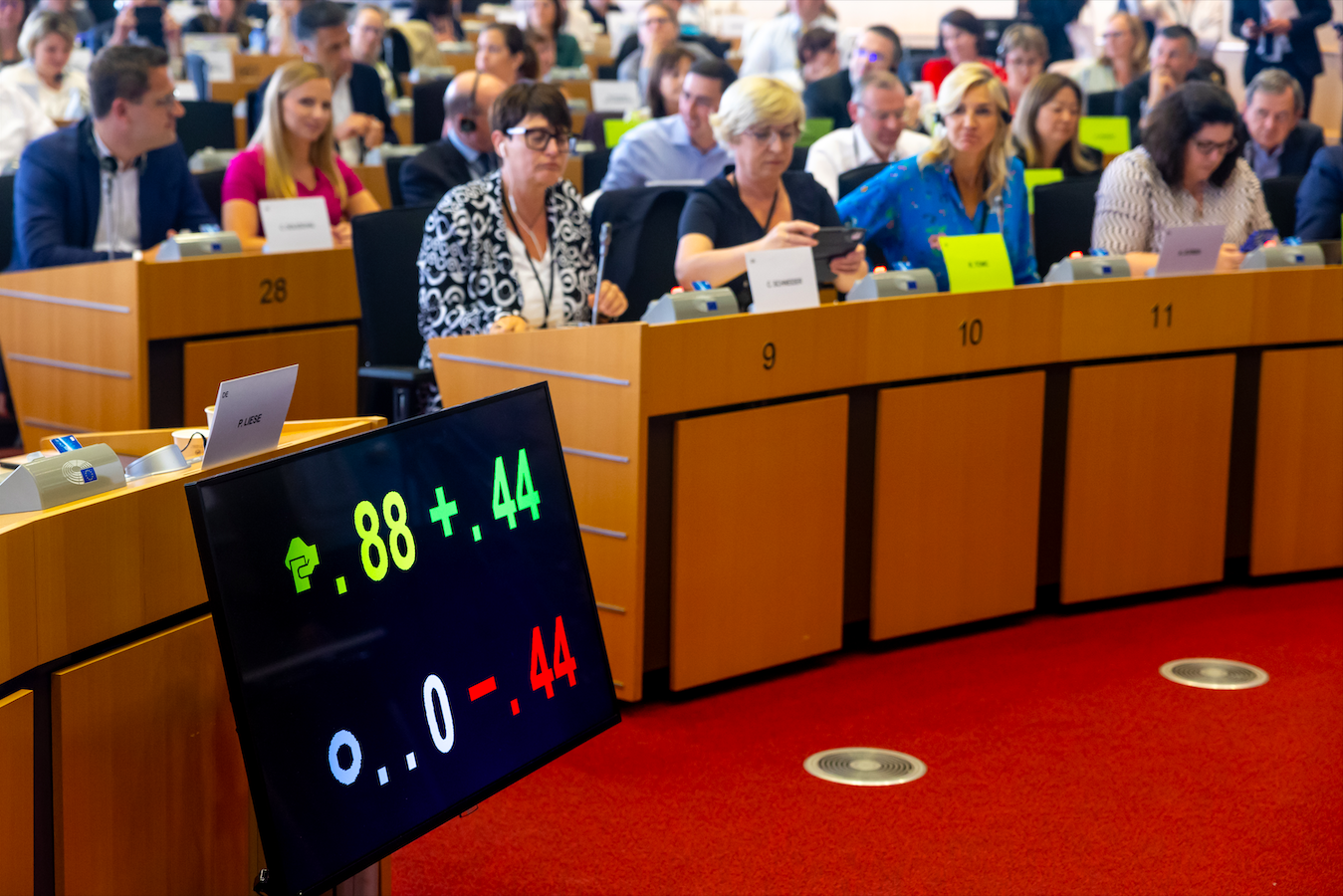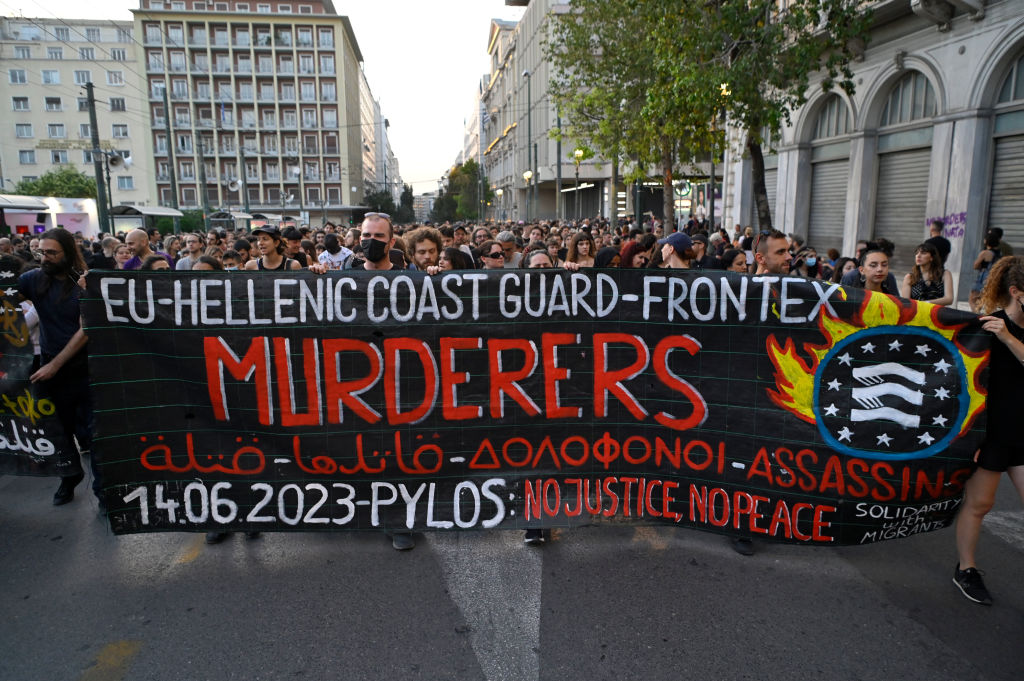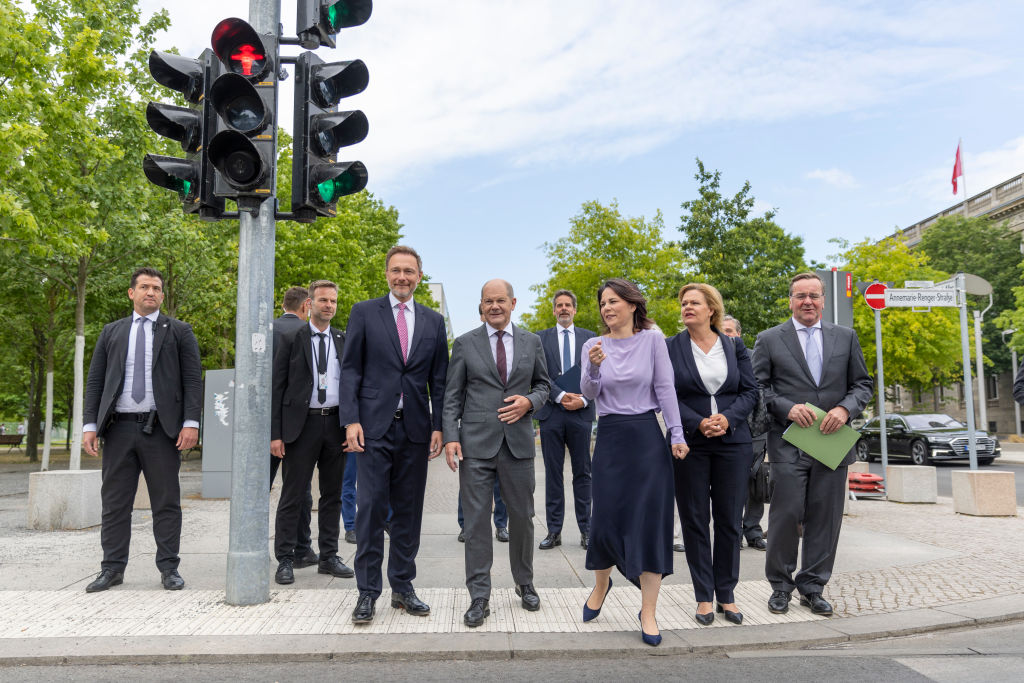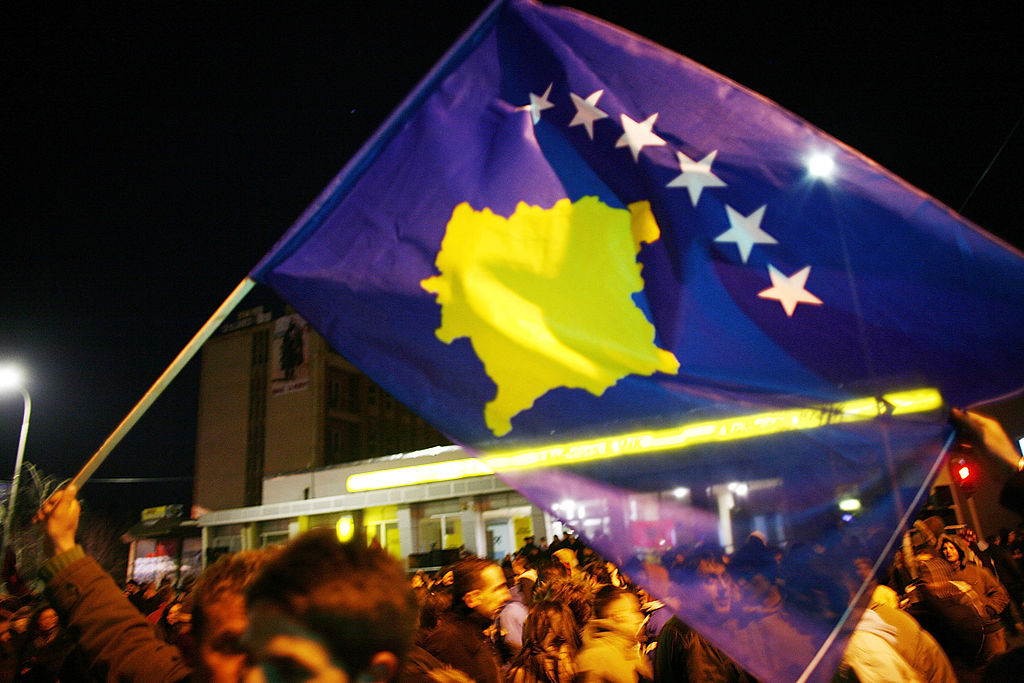An unseemly shouting match broke out in the European Parliament on July 6 as tempers flared over the tragic deaths of hundreds of passengers when a migrant boat capsized last month off the coast of Pylos, Greece.
The parliamentary meeting was intended to be a mark of respect and one where MEPs were to discuss exactly who was responsible for the appalling tragedy – and how the EU must make concerted efforts to avoid any repeat of such a disaster.
However, the contentious question of migration quickly derailed the talks, resulting in heated exchanges between MEPs across the aisles.
The meeting descended into a vociferous battle over who was ultimately responsible for the huge loss of life between MEPs from the left-wing S&D, ‘green’ representatives and others and the European Commissioner Ylva Johansson, who represents the European Border and Coast Guard Agency.
Things got worse when one hard-right Slovakian MEP claimed that “these tragedies are an evidence that we have to stop migration, and not support it”.
Referring to the controversy over the EU’s proposed Migration Pact, he said Member States should cooperate in securing their borders against mass migration rather than relocating migrants around the EU. “Let’s have a look at other tragedies,” he said, before linking the boat deaths to the recent wave of mass French riots, which he blamed on illegal immigration.
That spurred Dutch Renew MEP Sophie in ‘t Veld to express her outrage. She declared that while “everyone is entitled to their opinion”, making a connection between mass migration and crime is “not an opinion, it’s a lie, it’s racism!”
While she was speaking, fellow MEP Nadine Morano began shouting at her in French, claiming that of those of arrested so far over the riots in France, more than 400 were non-nationals. “I can’t stand here and let you [say] that there’s no link!” Morano fumed.
Polarisation in EU politics over the issue of mass migration seems to be an ongoing problem.
Many in the EC and the European Council, plus other Eurocrats and politicians, are apparently struggling with trying to find an acceptable line over the Pact. In addition to seeking to protect the humanitarian rights and improve living conditions of many migrants, especially asylum-seekers, they are also attempting to strengthen EU borders and cut migrant numbers by making deals with transit countries such as Tunisia.
Within the Council, this approach is finding some support among Member States regarding the Migration Pact, although Poland and Hungary are still putting up strong resistance.
The EU Parliament itself is no stranger to heightened emotions when it comes to the Pact. Acrimony was evident in Strasbourg Plenary Hall talks on the subject in June and it appears that EU politicians are increasingly less able to keep their cool over the issue.





